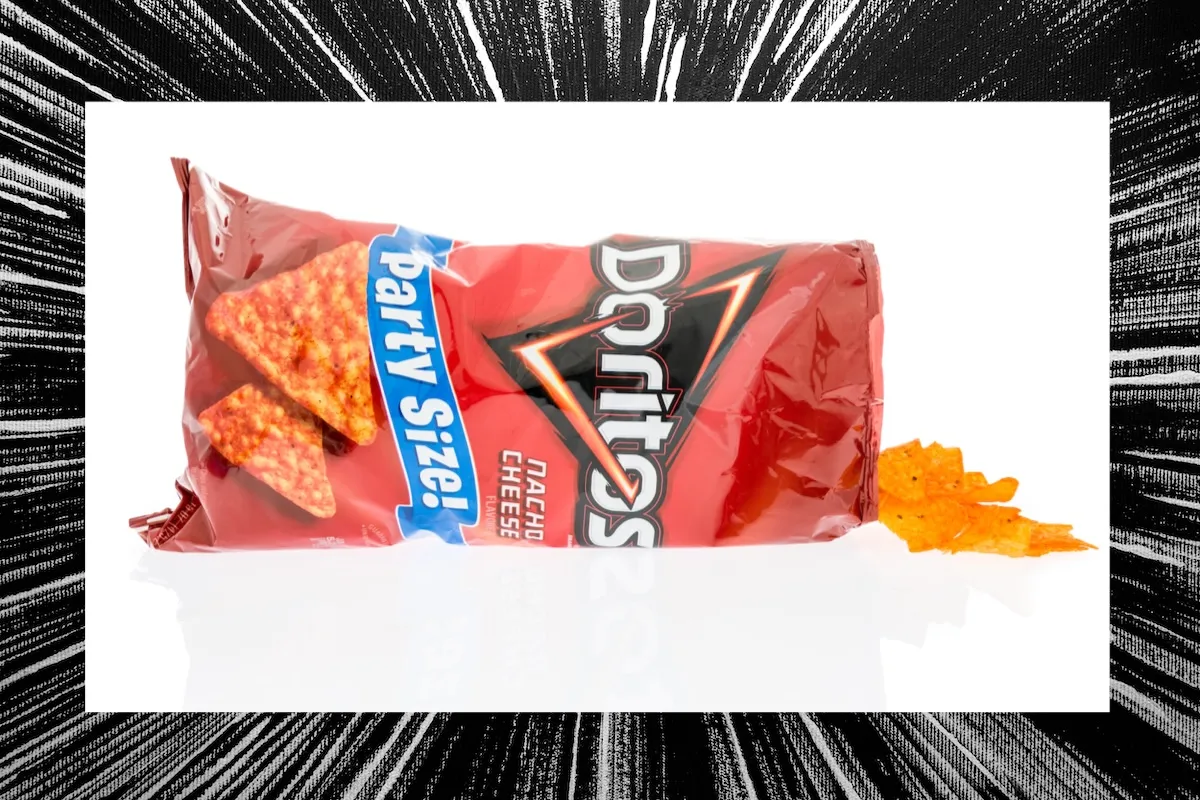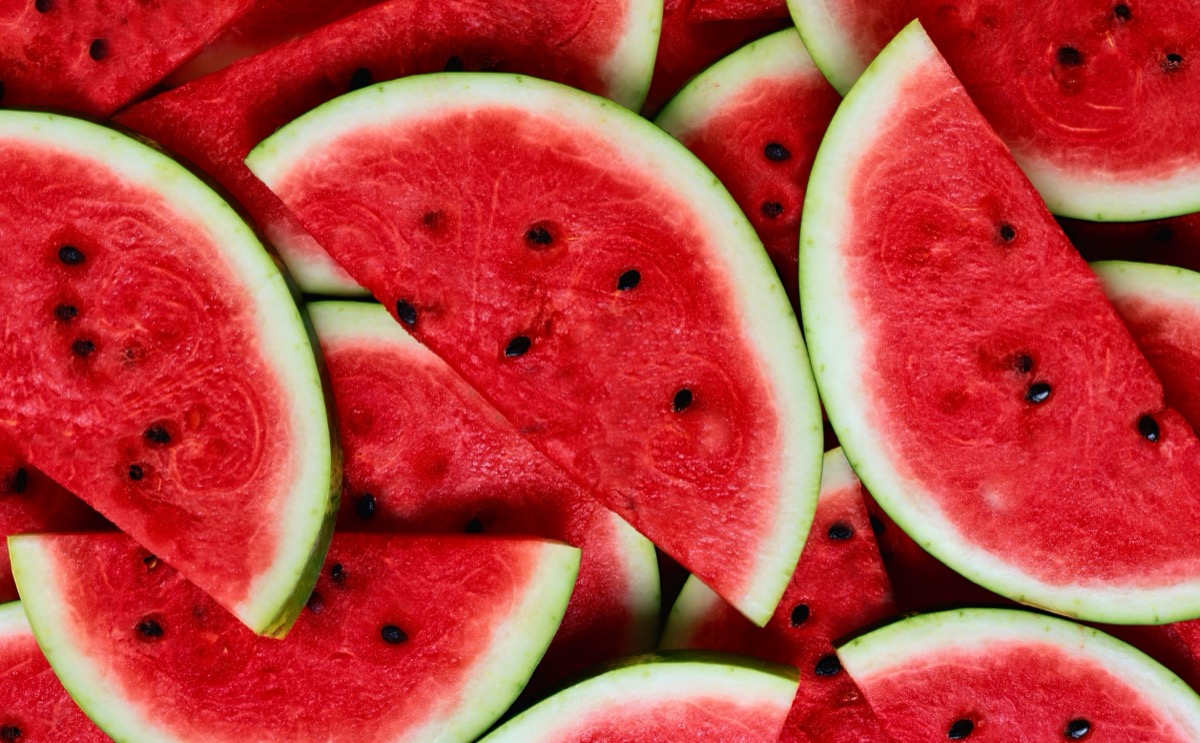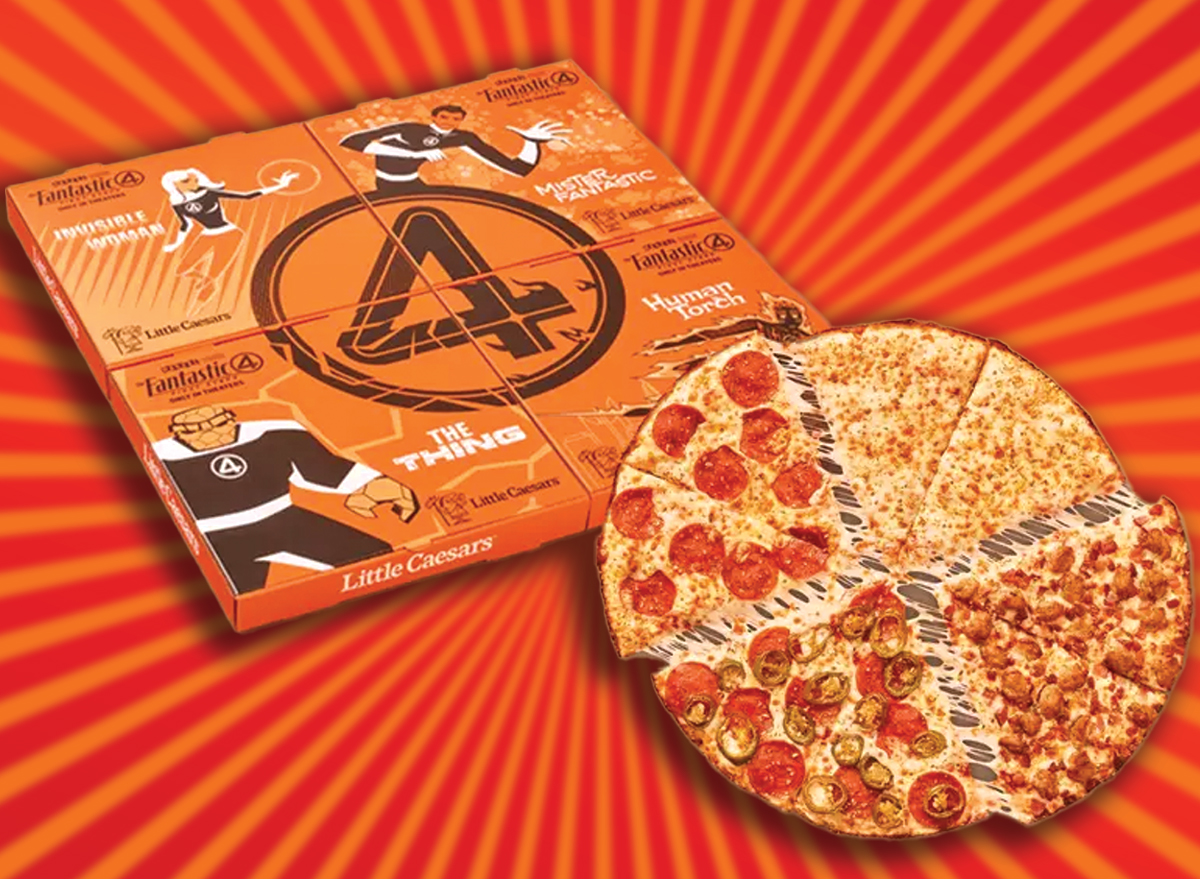High Uric Acid Symptoms: Waking up with sudden joint pain at night? It could be high uric acid. Read on to know the hidden symptoms that strike while you sleep and what they might mean for your health.

High Uric Acid Symptoms At Night: It begins with a sting painful, burning, and abrupt. Just when you expect to get a quiet night’s sleep, a sudden pain in your big toe or ankle jerks you awake. You look at the clock 2:47 AM. What was that? If this is happening to you, you could be suffering one of the most painful symptoms of high uric acid: an overnight gout attack. This quiet creeper not only sabotages your sleep but it’s your body’s emergency warning signal, indicating that something’s not quite right with your system’s chemistry. But why does it always hit in the middle of the night? Let’s dig into the secret science behind these nocturnal flare-ups.
Why Does Gout Love the Night? The Science of Sneak Attacks
It’s not your imagination gout actually does have a preference for the night. And there are some pretty good reasons why your body may be more susceptible while you are sleeping.
Chilly Weather Entices Crystal Calamity
Our internal temperature naturally cools at night. This might not sound like a problem, but lower temperatures particularly in the extremities such as toes and fingers invite the uric acid crystals to form. These pesky little punks are the ones that cause that exquisite agony in the joints.
Sleep-Related Dehydration
We all sleep for 6 to 8 hours without drinking a drop of water. Mild overnight dehydration causes your blood to become more concentrated, and it’s easier for uric acid crystals to form in the joints.
Respiratory Patterns and Chemistry Changes in Blood
Sleep apnea can reduce oxygen levels and acidify your blood at night, creating an ideal setting for uric acid crystals to develop.
Lying Around Allows Crystals to Settle
When joints remain motionless for hours such as when you’re sleeping blood circulation decreases. Less mobility, less circulation, more opportunity for uric acid to settle in the joints.
Midnight Pain: What Nocturnal Gout Actually Feels Like
The pain typically hits out of the blue and feels like a fire has been ignited within your joint. And it’s not just pain it comes with an entire tempest of symptoms:
- Sudden, shooting joint pain, often in the large toe
- Redness, swelling, and heat near the involved area
- Severe tenderness, where even a bed sheet across your toe is painful
- Enduring ache that may persist for days, even after the worst pain has subsided
It’s not always the big toe, either gout can attack ankles, knees, wrists, elbows, and fingers.
Who’s Most at Risk? It’s Not Just About Age
Gout is not only for older people or those who devour red meat. Your lifestyle, your genetics, and even other health conditions can increase your risk.
- High-purine diets: Consider red meat, organ meat, seafood, and liquor particularly beer.
- Obesity: With greater fat tissue comes increased uric acid production and reduced excretion.
- Chronic diseases: High blood pressure, diabetes, and kidney disease tend to occur alongside gout.
- Family history: If a relative has experienced gout, you’re at much greater risk.
What You Can Do About It: Prevention and Relief
You don’t have to exist in terror of the midnight assault. Some astute tweaks and the right medical advice can help you balance uric acid and contain flare-ups.
- Hydrate: Drink plenty of water during the day and a small glass at bedtime if you tend to get attacked.
- Rethink Your Plate: Reduce foods with high purine content and fill up on low-fat milk, fruits, vegetables, and whole grains. Cherries and foods high in vitamin C also can decrease uric acid levels.
- Watch Your Weight: Even a few pounds of weight loss will lower uric acid levels and ease pressure on your joints.
- Consider Medication: Physicians can provide prescriptions for uric acid-lowering medications such as allopurinol or febuxostat. Acute pain can be relieved by NSAIDs, colchicine, or steroids.
Treat Sleep Apnea If You Have It: If your gout tends to occur primarily at night and you also snore loudly or are drowsy during the day, you should get evaluated for sleep apnea.
Pay Attention to What Your Night Pain Is Saying to You
A gout attack at midnight is not just about hurting it’s your body telling you that you might have a uric acid imbalance. Knowing why at night can empower you to be in control of your own health. Whether by staying hydrated, eating differently, or adhering to the right medication, you can cut down on the recurrence and severity of those excruciating attacks.
So the next time your toe jolts you awake before your alarm, don’t roll over and hope it passes. Listen up. Your body’s trying to get your attention and now you know how to respond.
Subscribe to Our Newsletter Today!













Leave a Reply